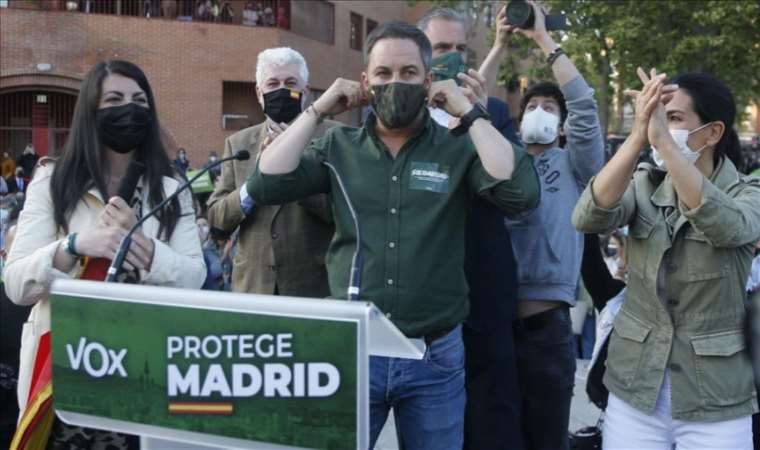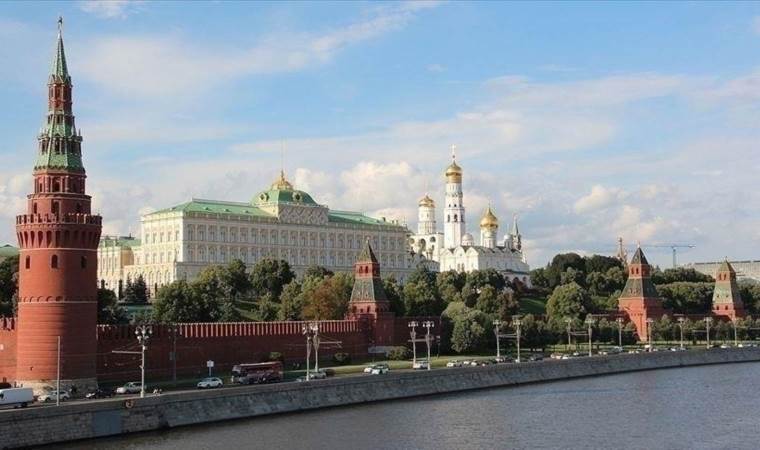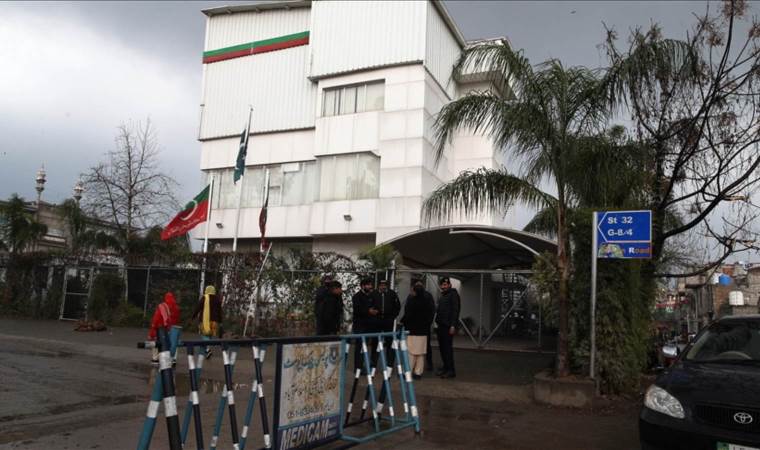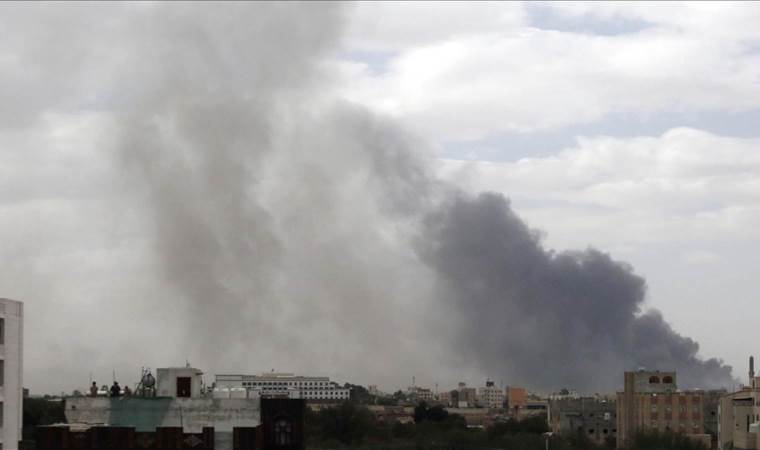A neo-fascist EU
Cumhuriyet columnist Ergin Yıldızoğlu explores the current situation in Europe’s politics and the rise of right-aligned parties in governance.

During the first fascistization period in Europe (1920-33), liberal democracy was unable to solve the economic crisis and communism; this time, it is unable to solve the economic crisis, global warming, and the great wave of migration.
In this situation, fascist parties are gaining strength in EU countries at increasing rates, becoming partners of governments or helping conservative parties to form governments in exchange for significant concessions. These dynamics are forcing changes in the form of state or developing the necessary political and cultural grounds for change as we have seen in the cases of Turkey, Hungary, and most recently Israel.
Behind the possibility of a fascist Europe lies the fact that these parties have abandoned their classic nationalist opposition to the European Union project in favor of an EU based on white/Christian supremacy. "The patriots of Europe must get united to ensure that Europe regains its role and power in the world," said Italian Prime Minister Meloni, speaking remotely at a rally of VOX, an organization representing Spanish fascism.
Is Spain next?
Spain, the EU's 4th largest economy and 5th most populous country held general elections on Sunday. The conservative People's Party (PP) was not expected to reach a majority that would allow it to form a government on its own. In the last municipal elections, the PP cooperated in many regions with VOX, a Catholic, racist and anti-immigrant, anti-feminist, anti-LGBTI+, anti-Catalan-Basque separatism party with a phalangist tradition, and the possibility of forming a new government with VOX was strong.
If this happens, a fascist party will gain statehood in Spain after Hungary, Poland, Italy, and Greece. Fascist movements are gaining strength in Germany, Austria, and France. In short, fascist parties are increasingly taking over the governments of the EU's center and some peripheral countries.
Wind of fascism
Global winds are blowing in favor of fascism. Foremost among them is the climate crisis brought by global warming, as we have experienced directly this summer. As one study points out, when examining the global temperature increase, it is easy to overlook that sudden and extreme temperature increases in some major urban centers have been occurring much more frequently since 1950. Last week, temperatures reached 49 degrees in Tunisia, 51 in Algeria, and 46 in Jordan. The fact that temperatures are reaching unlivable levels in many places in Africa, generally known as the hot continent, is not getting the attention it deserves.
These developments herald chronic water and food crises and endless waves of migration from south to north. Extreme heat is disrupting the supply chains of fruits and vegetables consumed by the European population, and the tendency to spread the food crisis through price increases is strengthening. Precious minerals required for strategic technologies are often extracted from Africa, in regions where these temperature crises occur. In this area, too, the risk of either supply chain or cost increase problems is rapidly increasing.
Finally, in the face of the US pursuing a militarist industrial policy, EU states have begun to adopt similar militarist policies and protectionist measures. The return of the "great/interventionist state" requires a corresponding ideology and political discourse. Moreover, as the competition between the "Great Powers" intensifies, Europe's desire to assert itself not only as an economic bloc but also as a military power is growing. That paves the way for a rapprochement between the ruling capital groups, state elites, and the "fascist Europe" project.
Most Read News
-
 Verdict in French company Lafarge's terror financing tri
Verdict in French company Lafarge's terror financing tri
-
 Russia to terminate post‑Soviet military agreements with
Russia to terminate post‑Soviet military agreements with
-
 South Korea's former president appears before prosecutor
South Korea's former president appears before prosecutor
-
 Pakistan's ex-Premier Khan, wife sentenced to 17 years i
Pakistan's ex-Premier Khan, wife sentenced to 17 years i
-
 Paramilitary RSF releases 9 medical workers in Sudan’s D
Paramilitary RSF releases 9 medical workers in Sudan’s D
-
 Trump touts easing inflation, economic record in North C
Trump touts easing inflation, economic record in North C
-
 US releases thousands of Epstein investigation files und
US releases thousands of Epstein investigation files und
-
 US launches Operation Hawkeye Strike in Syria targeting
US launches Operation Hawkeye Strike in Syria targeting








